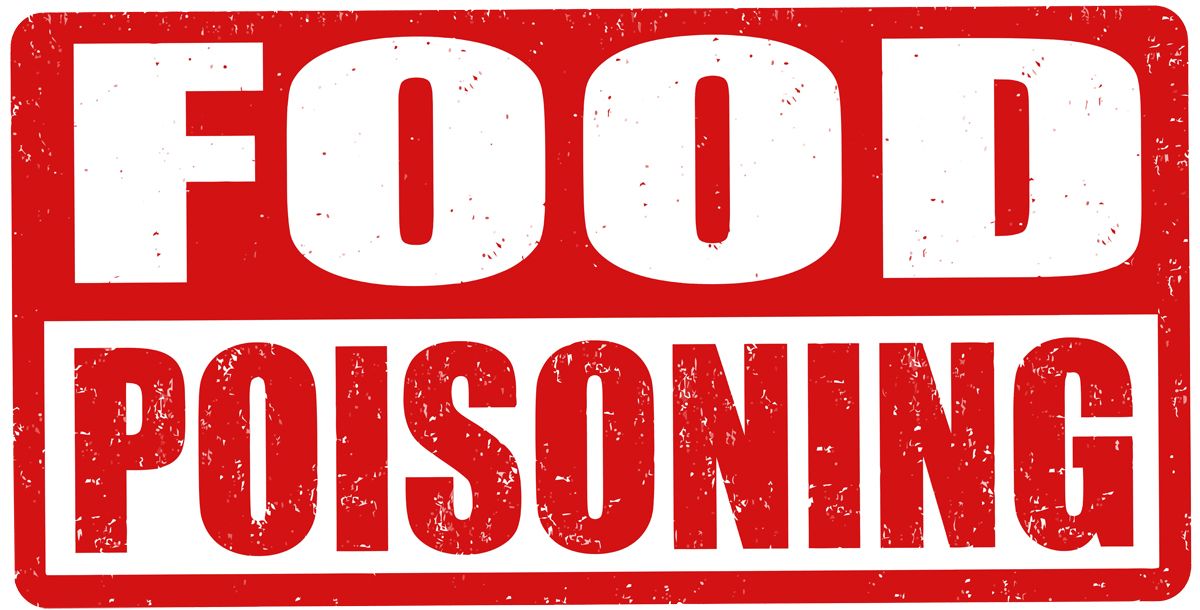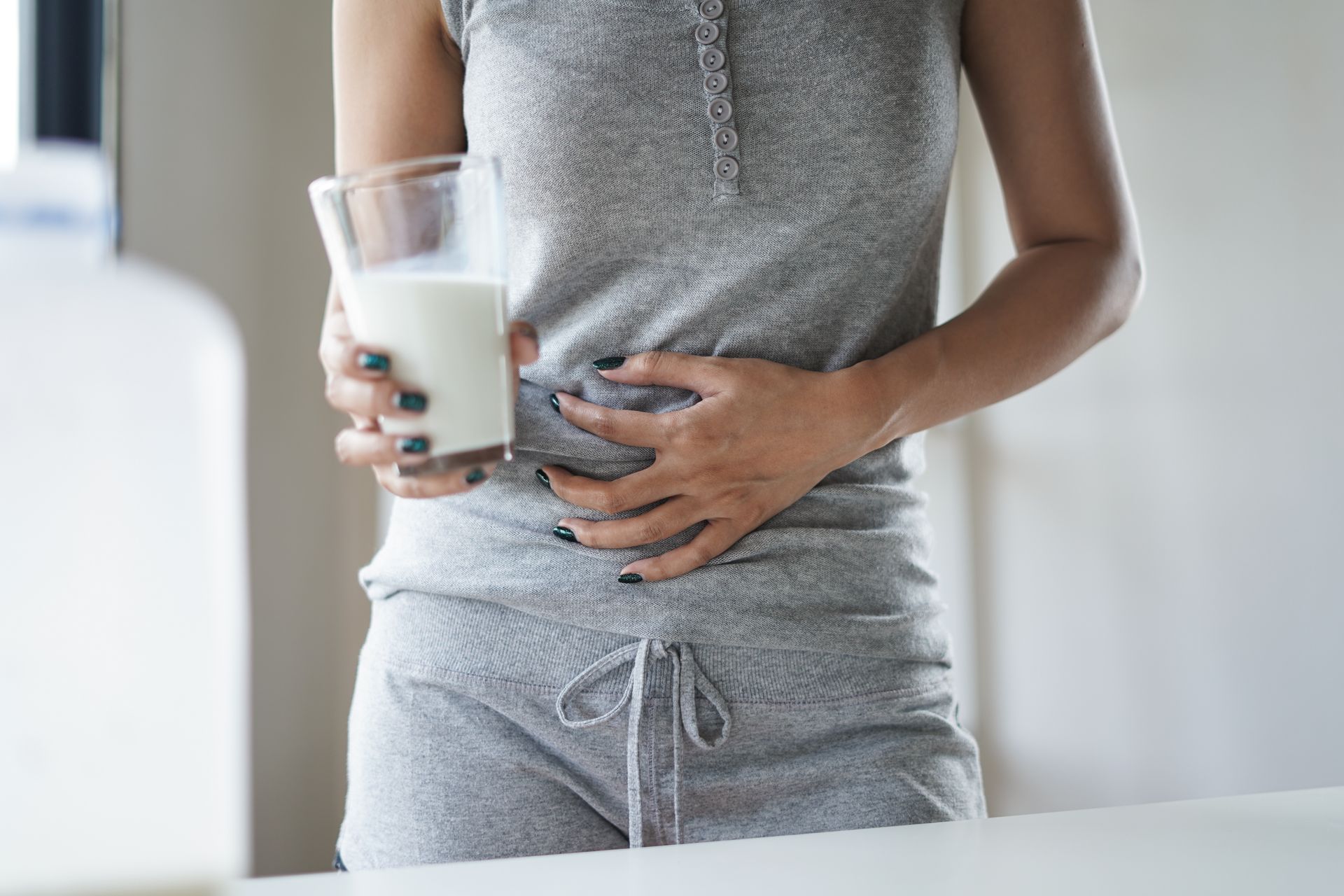The information on this website, including articles, is provided for general information purposes only. It is not intended as legal advice and should not be relied on as such.

Stomach-ache to Red Alert: 9 Steps to Take If You’ve Caught Food Poisoning
January 25, 2024
Food poisoning can vary in severity, and not all cases may warrant legal action. However, it's essential to prioritize your health and safety, report the incident to the appropriate authorities, and consider your options if you've suffered significant harm. Here are the 9 steps to take if you've caught food poisoning.
Food poisoning can have serious health consequences, so it's important to take certain steps
1. Seek Medical Attention:
- If you are experiencing severe symptoms such as vomiting, diarrhea, high fever, dehydration, or bloody stool, it's crucial to seek medical attention immediately. Visit your nearest hospital or call 911 if the symptoms are severe.
2. Contact Your Doctor:
- If your symptoms are less severe but still concerning, contact your healthcare provider. They can offer guidance and treatment options. Personally, I thought I could handle the symptoms (as a retired nurse) - and I did ... until I didn't. After two weeks I was taken to the doctor, and I was so grey they immediately called an ambulance and started an IV. Turned out I had campylobacter as the infecting organism. In 9 of 10 people it is mild and passes quickly. In 1 of 10 people, it becomes critical - and I was one of those "1 in 10". They gave me a 50/50 chance of survival.
3. Report the Illness:
- In British Columbia, it's important to report the food poisoning to your local Health Authority, such as Vancouver Coastal Health, Fraser Health, Interior Health, Island Health, or Northern Health, depending on your location. They can investigate the incident and help prevent further cases.
4. Gather Information:
- Make a note of what you ate and drank at the restaurant, including the date and time of your visit. This information may be useful in any investigation.
5. Save Leftovers and Packaging:
- If you have any leftover food or packaging from the restaurant, keep it in a sealed container. This can be important if health authorities need to conduct tests.
6. Contact the Restaurant:
- Inform the restaurant about your illness. They may not be aware of the issue, and it's important to let them know so they can take corrective action.
7. Document Symptoms:
- Keep a record of your symptoms, the timeline of when they occurred, and any medical treatment you received.
7. Preserve Evidence:
- If you have any evidence of contaminated food or unsanitary conditions at the restaurant (e.g., photos), preserve it in case it's needed for an investigation.
9. Contact Legal Advice:
- If your illness resulted in significant medical expenses, lost wages, or long-term health issues, you may want to consult with a lawyer who specializes in food poisoning cases.
Unfortunately for me, my experience with food poisoning was the one time I should have taken my own advice. By the time the critical stage had passed, the event where I believed the food poisoning to have occurred was long past and hundreds of participants long gone.
Had I contacted a lawyer I believe I would have been in a far better state financially.
It took 8 long months to recover. And even now, I am much more susceptible to food that might be even the slightest bit "off" than I ever was before.

.

Food poisoning can vary in severity, and not all cases may warrant legal action. However, it's essential to prioritize your health and safety, report the incident to the appropriate authorities, and consider your options if you've suffered significant harm. The local Health Authority will investigate the matter and take necessary actions to prevent further cases if a food safety issue is identified.
Why wait? Call NOW for your free consultation!
Business Hours
- Mon - Fri
- -
- Sat - Sun
- Closed
The information on this website, including articles, is provided for general information purposes only.
It is not intended as legal advice and should not be relied on as such.
Google Reviews
Edit Google Reviews Widget
Copyright Luxe Referral | Proudly powered by Snapps | Created by JCH Digital
